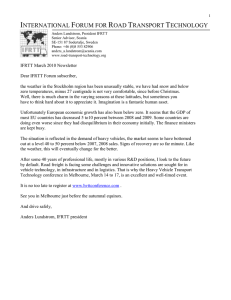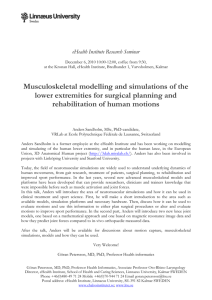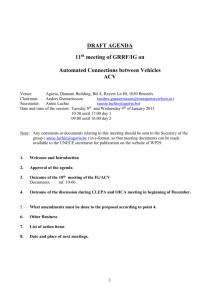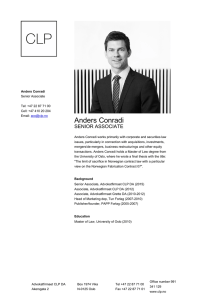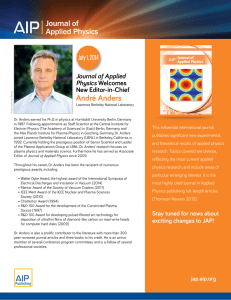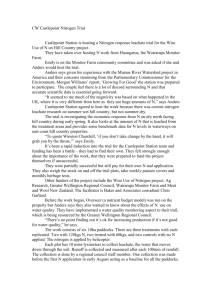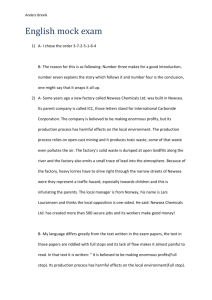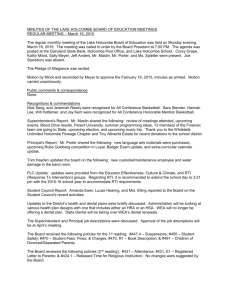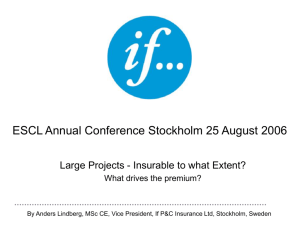Are you Going Deep? Anders Benoit
advertisement
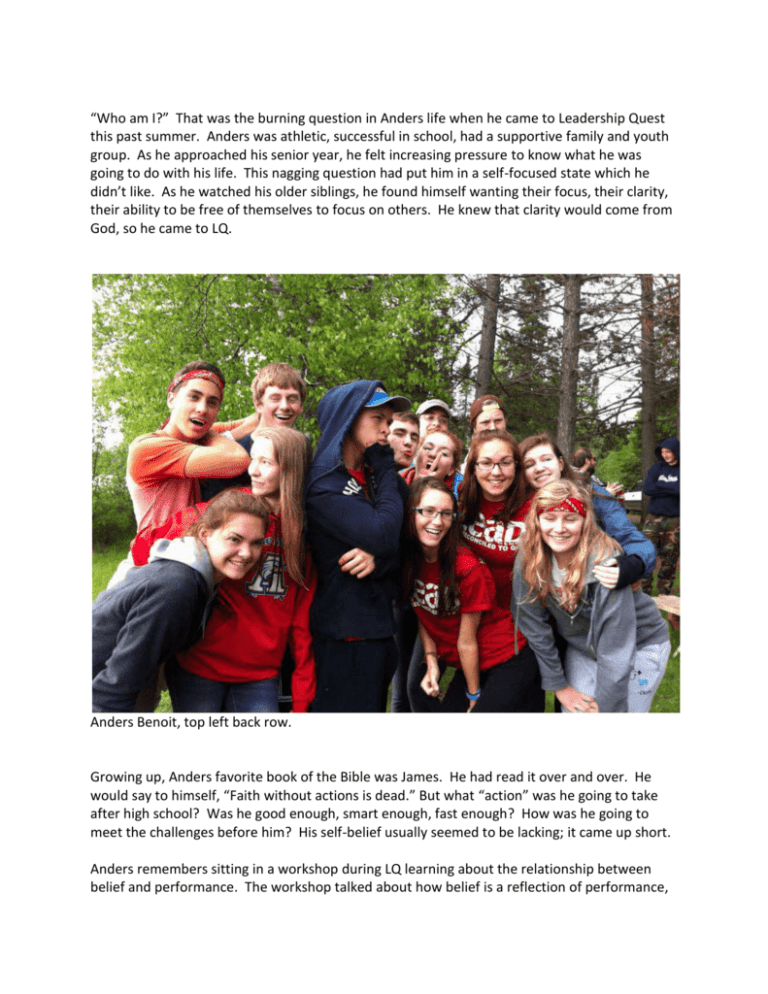
“Who am I?” That was the burning question in Anders life when he came to Leadership Quest this past summer. Anders was athletic, successful in school, had a supportive family and youth group. As he approached his senior year, he felt increasing pressure to know what he was going to do with his life. This nagging question had put him in a self-focused state which he didn’t like. As he watched his older siblings, he found himself wanting their focus, their clarity, their ability to be free of themselves to focus on others. He knew that clarity would come from God, so he came to LQ. Anders Benoit, top left back row. Growing up, Anders favorite book of the Bible was James. He had read it over and over. He would say to himself, “Faith without actions is dead.” But what “action” was he going to take after high school? Was he good enough, smart enough, fast enough? How was he going to meet the challenges before him? His self-belief usually seemed to be lacking; it came up short. Anders remembers sitting in a workshop during LQ learning about the relationship between belief and performance. The workshop talked about how belief is a reflection of performance, which it can be. But then he was challenged with the reverse, “Can belief impact performance?” Which led him to ask the questions: “What is it that I believe about myself?” “And what if what I believe about myself isn’t good enough?” As the teaching went on he realized that healthy self-belief starts with a belief in God and in who He has made us to be. Jesus’ death on the cross means that our identity is no longer in our actions, rather our actions are a reflection of our Identity in Christ. He felt this release of “I don’t have to prove myself. I am not justified by what I do, rather by what Christ has done. Therefore, I can believe in myself because I know that it is God working in me.” Rather than his foundation being in what he believed about himself (which often didn’t seem like enough), he discovered that his foundation was in what he believed about God, and consequently what he believed about himself was a reflection of that. Anders said, “My identity in Christ proves me.” Now, he could get past himself and see God working in him. He shared with me, “I am more confident in my beliefs and less focused on myself.” So, how did Anders answer this questions: “Who am I?” and “What is my new foundation?” 1. I am justified by Christ. 2. I value scripture and can apply it directly to my life throughout the day. (When he finds himself falling away from his faith he sees it and knows how to get back on track─prayer and accountability. Philippians 2:5 has been a verse that sustains him, “Your attitude should be the same as that of Christ Jesus…” He is learning to immerse himself in scripture throughout the day.) 3. Dreaming is valuable. (Before LQ Anders would write feasible dreams, after LQ he writes the real dreams, the big ones. “If it is in God’s plans they will happen,” he says.) 4. I value affirmation. (Anders places more value on affirming others and himself. “We don’t realize the gift of affirmation. When we are affirming others, we are putting God into them. We are helping others find themselves.”) 5. I value learning from others, especially people that are different from me. (While at LQ he discovered that he could learn from people that seemed so much different from him, not just from those who seemed like him.) 6. I value getting to know people. (LQ gave Anders the confidence and the intentionality to ask more deep and meaningful questions. “No more “surfacy” questions,” he said.) 7. Christ is what sustains me. Anders was struck by how much Leadership Quest depended on the students to make the week work. Each day, groups of students worked in various parts of Wilderness North to make the Leadership Quest day a reality. He found this very empowering. The students had come to be poured into, and they were. At the same time, they were respected enough to pour in to Leadership Quest. And not just pouring in, they were needed and depended upon to make things work. There were problems to be solved, needs to be met and they figured out how to take care of them. He found it to be a great place for students to learn how to own their actions.
